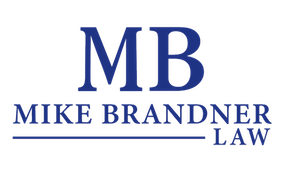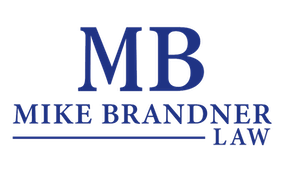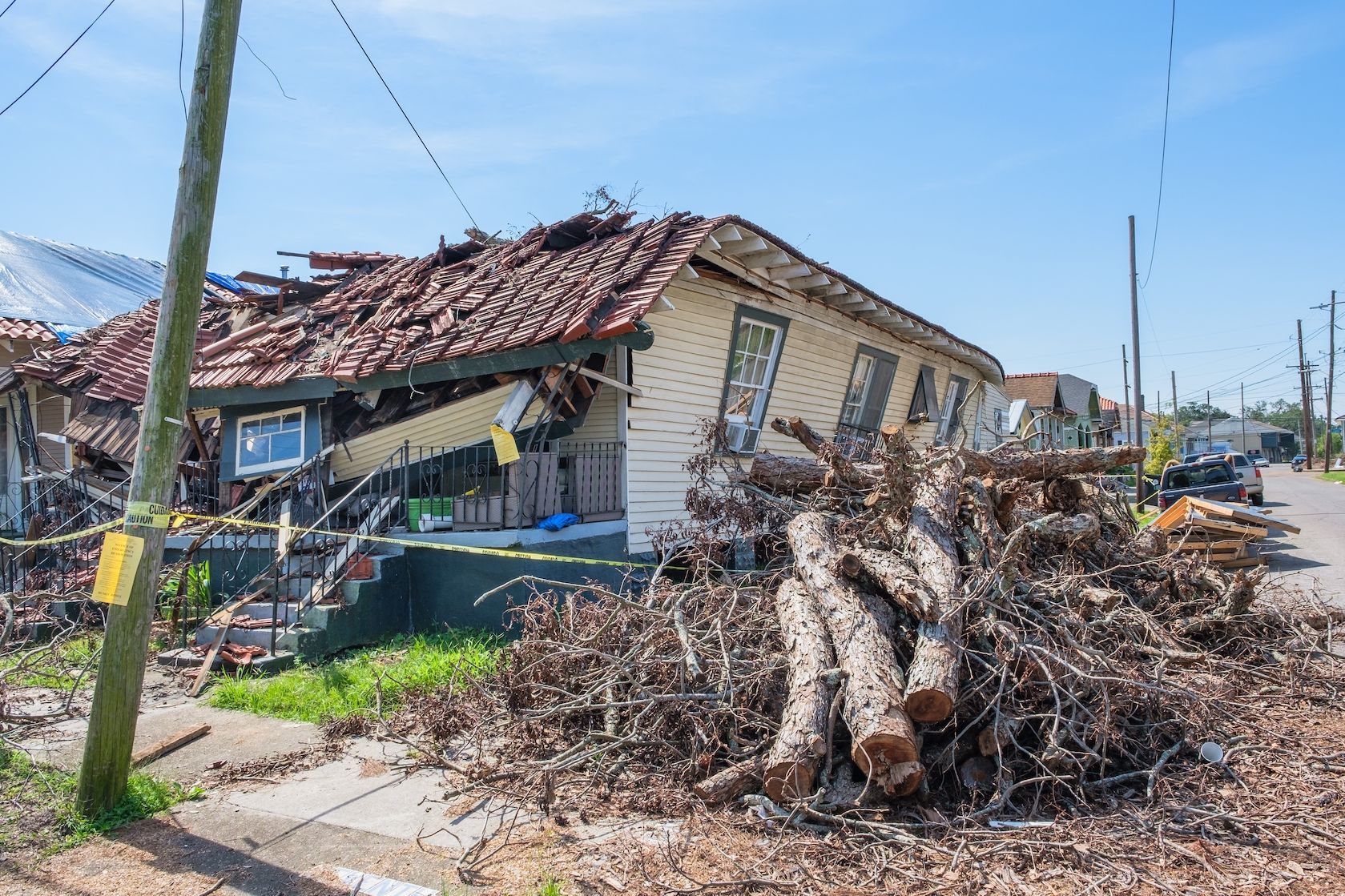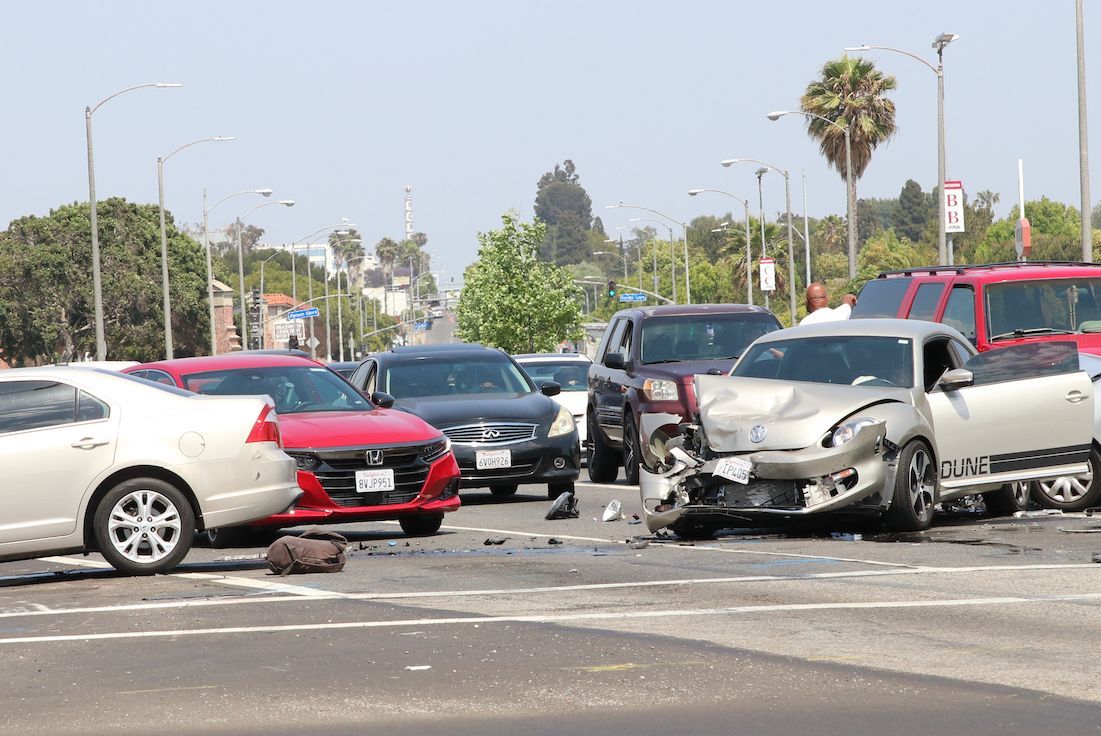FAQ: Recovery from Traumatic Brain Injury
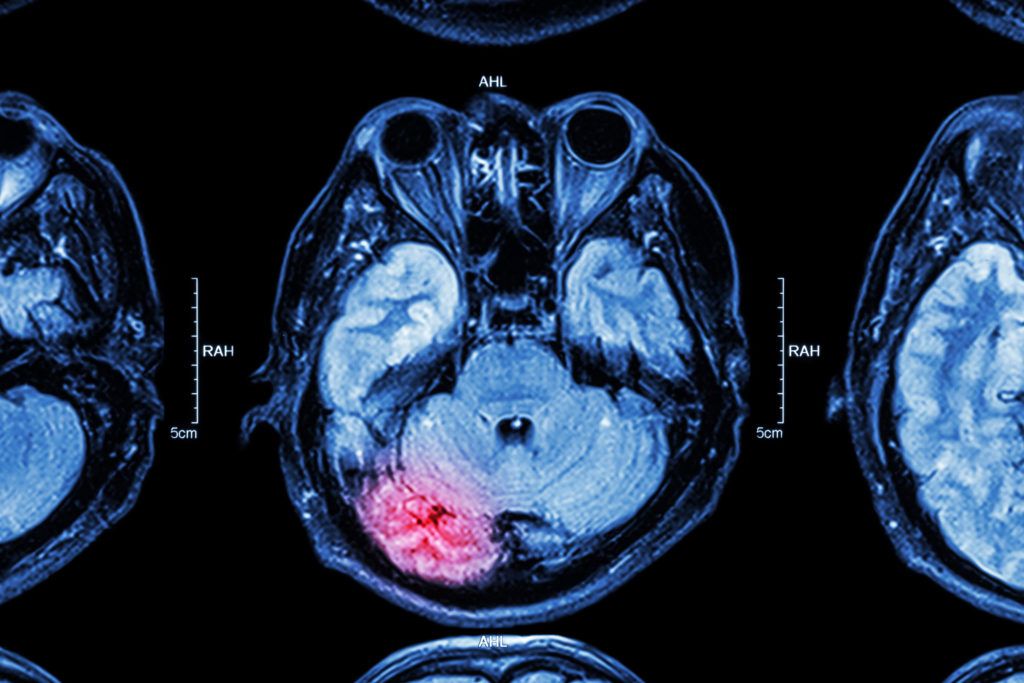
According to the Brain Injury Association of America (BIAA), more than 5.3 million adults and children in the United States have a permanent brain injury-related disability. This is equivalent to about 1 in every 60 people living with a Traumatic Brain Injury (TBI).
A TBI can result from car accidents, sports-related injuries, assault, abuse, slip and falls, and other severe accidents. Recovery from a TBI is often an uphill battle, with ongoing symptoms that may be difficult to treat. In the aftermath of such a head trauma, some victims may suffer from debilitating physical, mental, or emotional problems. Others may require round-the-clock intensive care, or ultimately succumb to their injuries.
Note: A head or brain injury that is even partially due to the negligence of another party can provide solid legal footing for a personal injury lawsuit. Damages obtained through a brain injury lawsuit can help you pay medical bills, make up for lost wages, and compensate you or loved ones for pain and suffering. They can even help with funeral expenses. If you suspect a brain injury is even partially the fault of another person or institution, a New Orleans brain injury lawyer can help.
What Is Traumatic Brain Injury?
A traumatic brain injury (TBI) occurs when you experience a sudden blow or jolt to the head. TBIs can damage nerve cells and cause bleeding or swelling in the brain. Most types of brain trauma are closed head injuries, in which the skull and dura mater remain intact.
An open head injury, on the other hand, occurs when the dura mater is penetrated by objects such as bullets, knives, or bone fragments from a fractured skull. Other types of brain injuries, such as those resulting from a stroke, tumor, or oxygen deprivation, are referred to more generally as acquired brain injuries (ABI). Acquired brain injuries may also occur after an incident such as electric shock drowning or swimming pool accidents.
How Do You Treat Traumatic Brain Injury?
Getting medical help as soon as possible gives victims the best chance towards full recovery from traumatic brain injury. How the injury is treated depends on the severity of the TBI and the mechanism of injury. Often, life-saving decisions regarding TBI treatment are made very quickly in emergency room departments.
Someone with a severe TBI may need emergency surgery to reduce swelling in the brain, for example. Others may need interventions like a ventilator to help them breathe, usually in an intensive care unit (ICU). Some people with head injuries may lapse into a coma as a result of their injury, but doctors may also place someone in a medically-induced coma after a TBI to give the brain a chance to heal.
Once a patient is more stable, they may be transferred to a different hospital unit with a focus on rehabilitation.
Generally speaking, the sooner someone with a TBI begins the rehabilitation process, the better the outcome. Rehabilitation focuses on enabling individuals to perform their activities of daily living (ADL). Some people may need to relearn how to get dressed, eat, use the bathroom, walk, and speak. Over time, TBI victims may be able to transition out of full-time rehab into day treatment and outpatient therapy. They may also benefit from access to home health care visits, community re-entry assistance, or independent living programs.
In addition, certain medications may be crucial to recovery from traumatic brain injury. Commonly prescribed medications include analgesics for pain relief, anti-anxiety medications, anticoagulants to prevent blood clots, seizure medications, muscle relaxants, antidepressants, sedatives to help with insomnia, and stimulants to increase alertness.
Other conditions associated with TBI may need different types of treatment. For example, some people may develop depression, anxiety, or post-traumatic stress disorder (PTSD) in response to a TBI. In these cases, psychiatric medication, support groups, and psychotherapy may be helpful in managing mental and emotional symptoms.
How Long Does It Take to Recover from Traumatic Brain Injury?
There’s no one time frame for how long it may take someone to recover from a traumatic brain injury. There’s also no guarantee that someone with a TBI will make a full recovery free of lingering symptoms or limitations. Factors that may influence the length of a patient’s recovery time include age, severity of injury, early intervention, quality of medical care, family support, and more.
For some people, a mild to moderate traumatic brain injury can have very few (if any) long-term effects on their quality of life. Concussion, an often mild form of TBI, may resolve itself within days or weeks with rest or non-invasive treatment. Moderate brain injuries may require more time to heal, several weeks or months of rehabilitation, and behavioral or emotional changes that may be temporary or permanent.
Serious or severe brain injuries could result in wrongful death, a persistent vegetative state, many months of rehabilitation and hospitalization, and years (or a lifetime) of cognitive impairments, emotional disturbances, and physical limitations.
You or your loved one’s medical can provide realistic timelines for improvement and possible complications during recovery from a traumatic brain injury.
Can an Old Head Injury Cause Problems Years Later?
Emerging research in the field of old TBIs that cause problems later in life and the effects of repetitive head injuries indicates that it may be possible to experience problems months or years after sustaining a head injury.
Conditions such as chronic traumatic encephalopathy (CTE) may result from multiple TBIs over time, and even those who experience just one head injury may be at risk for post-concussion syndrome, which can cause headaches, dizziness, trouble concentrating, memory problems, mood changes, and other symptoms. Even those who suffered mild head injuries (and whose CT scans or MRIs show no injury) may be susceptible to these problems.
Why Compensation Matters After a Traumatic Brain Injury
Recovery from traumatic brain injury can be a long, frustrating process for both the victim and their family, who often become caregivers. If you or a loved one suffered a TBI in an accident caused by another person’s negligence, fair and adequate compensation can help you cover the costs of medical care, home health services, and lost wages from work. It can also compensate you and your family for reductions in quality of life and loss of consortium.
Unfortunately, most insurance companies will go out of their way to avoid giving TBI victims fair compensation for their injuries. In order to maximize your settlement, you need strong legal representation with experience in complex TBI cases.
For a free legal consultation regarding your personal injury case, call Mike Brandner Law 24/7. Our skilled brain injury attorneys will carefully review your case with no obligation to hire us. Best of all, we charge no fee unless we make a financial recovery on your behalf. Have more questions? Chat with one of our representatives online via LiveChat, or fill out our secure contact form.
